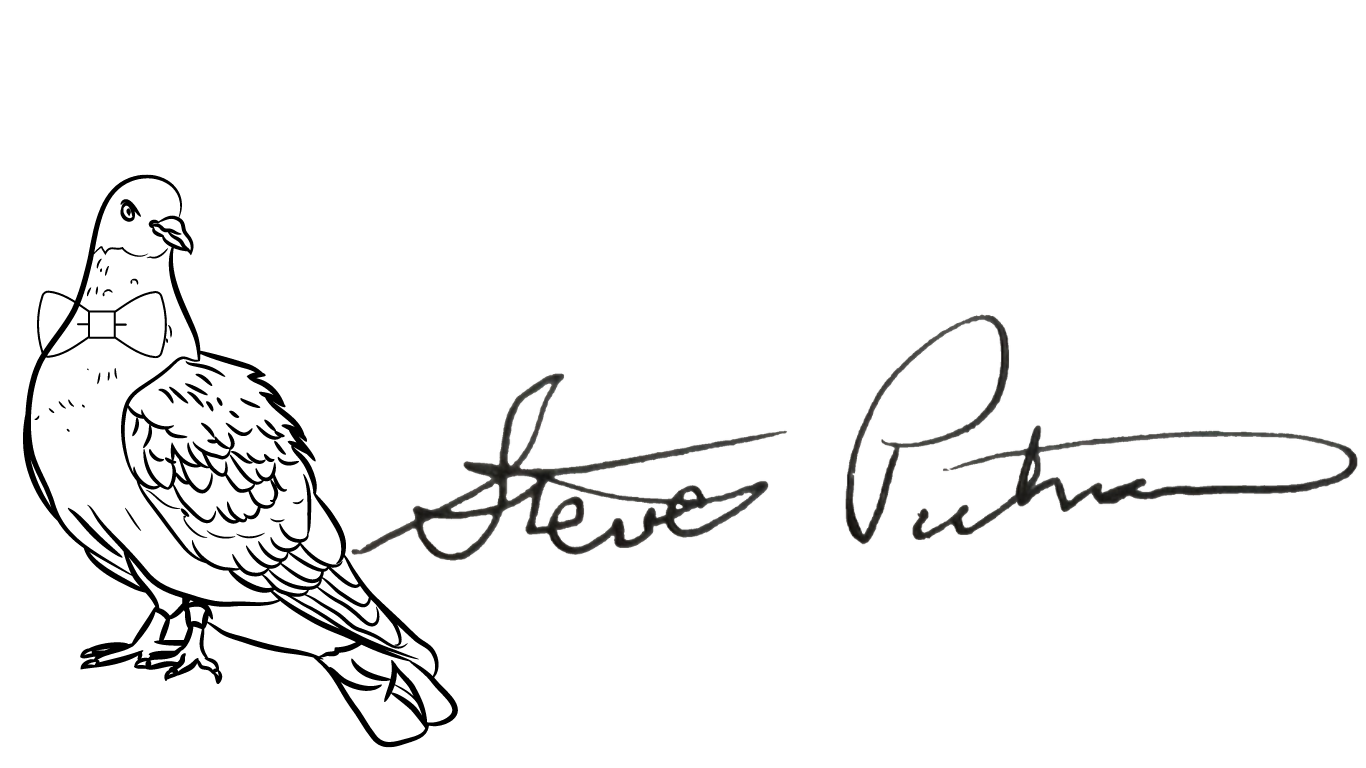About Steve Putnam, author

Steve Putnam living the dream: Farm kid, Navy E3, small-town GM mechanic, framing carpenter, and an onsite printer tech at a large corporate account. When the printers were all working, he hid out in a chain link cage, his basement shop, and wrote the first draft of Academy of Reality. No one at Corporate knew they were funding a novel about the strange ways of big business. For outstanding customer service, Putnam won ‘Tech of the Year’ and a trip to Arizona. (As a novel-in-progress, a version of this novel was shortlisted in the Pirate’s Alley Faulkner Society Competition in New Orleans.)

